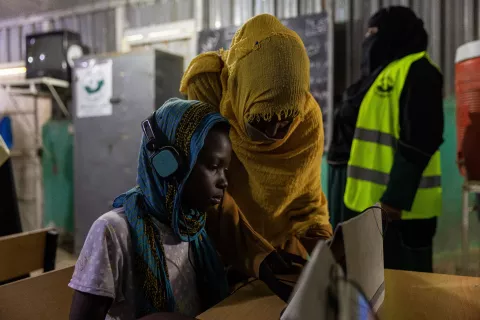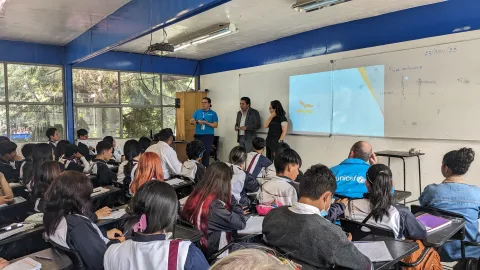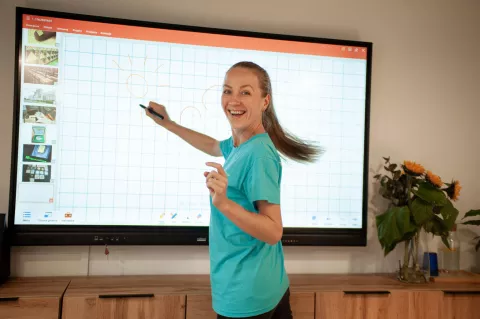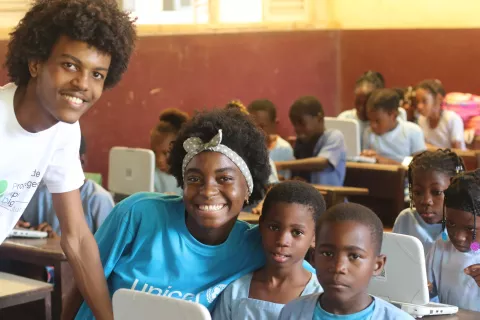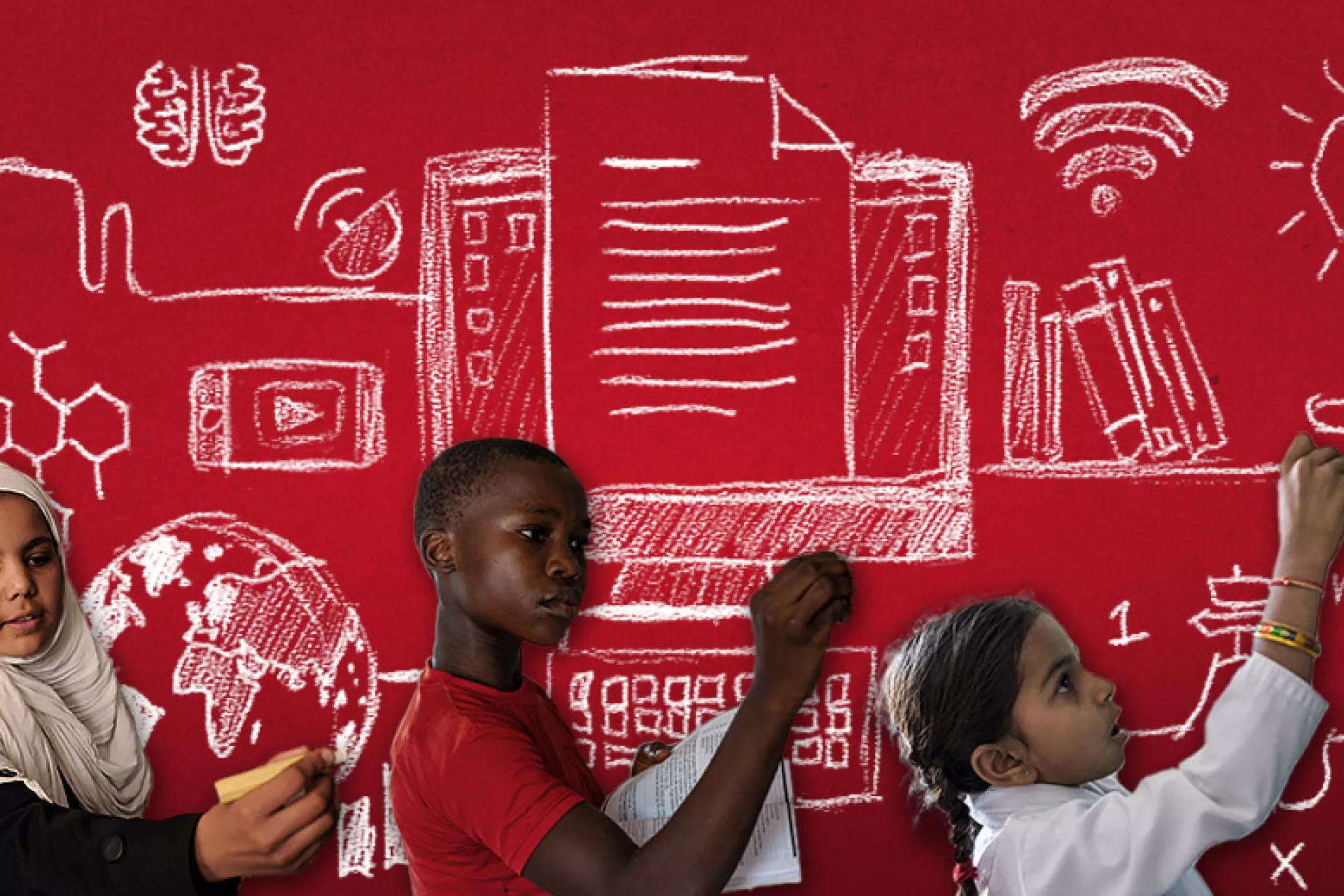
2022 Transforming Education Summit
Learning Passport: Ensuring A Digital Future for Every Child
During the 2022 Transforming Education Summit Solutions Day on September 17, UNICEF and Microsoft hosted an event focused on “A Holistic & Equitable Approach to Digital Transformation." The event brought together representatives from Ministries of Lao PDR, Mexico & Zimbabwe, UNICEF and Microsoft to discuss how the private and public sectors are coming together to ensure children and young people are ready for a digital future through UNICEF’s Learning Passport.
Speakers included:
- Mr. Mac Glovinsky, Learning Passport, Global Programme Chief, UNICEF
- Mr. Justin Spelhaug, Global Vice President and Head of Tech for Social Impact, Microsoft
- Mr. Sithong Sikhao, Deputy Director General of Planning, Ministry of Education & Sports of Lao PDR
- Dr. Juan Pablo Arroyo Ortiz, Vice Minister of Upper-Secondary Education, Mexico
- Honourable Minister Dr. Evelyn Ndlovu, Minister of Primary and Secondary Education, Zimbabwe
Speakers shared key insights and experiences from developing and implementing the Learning Passport to support diverse learner needs in formal and non-formal education settings. See the full recording here:
Here are a few takeaways from the discussions during the event:
-
Teachers must remain a priority: teachers are integral to the success of learners and educational systems and we must continue to support and engage them through the program development process.
-
We must ensure an engaging, relevant and high-quality experience for learners: We need to continue to prioritize content where characters, scenes, dialects, languages and illustrations resonate with the learners in their context. And support a differentiated approach to fit specific and varying learner needs such as skills for adolescents, teacher training, early childhood education and more.
-
We must address barriers to access: limited to no connectivity remains an issue facing millions of learners around the world. We need to continue to expand Learning Passport offline pilots to refine the approach, model and delivery to address this at scale.
-
We must continue to adapt, iterate and improve: utilizing insights and feedback from learners, teachers, administrators and our partners in-country, we must continue to improve the programme across key components including delivery of the technology to engaging, content curation, adaptation and localization, robust teacher training and smooth offline experience.
-
We cannot do this alone: to achieve our ambition, we need the collaboration, cooperation and partnerships of the public and private sectors, civil society, national governments and more.
If you are interested in learning more about the Learning Passport please contact us at learningpassport@unicef.org or visit learningpassport.org.

